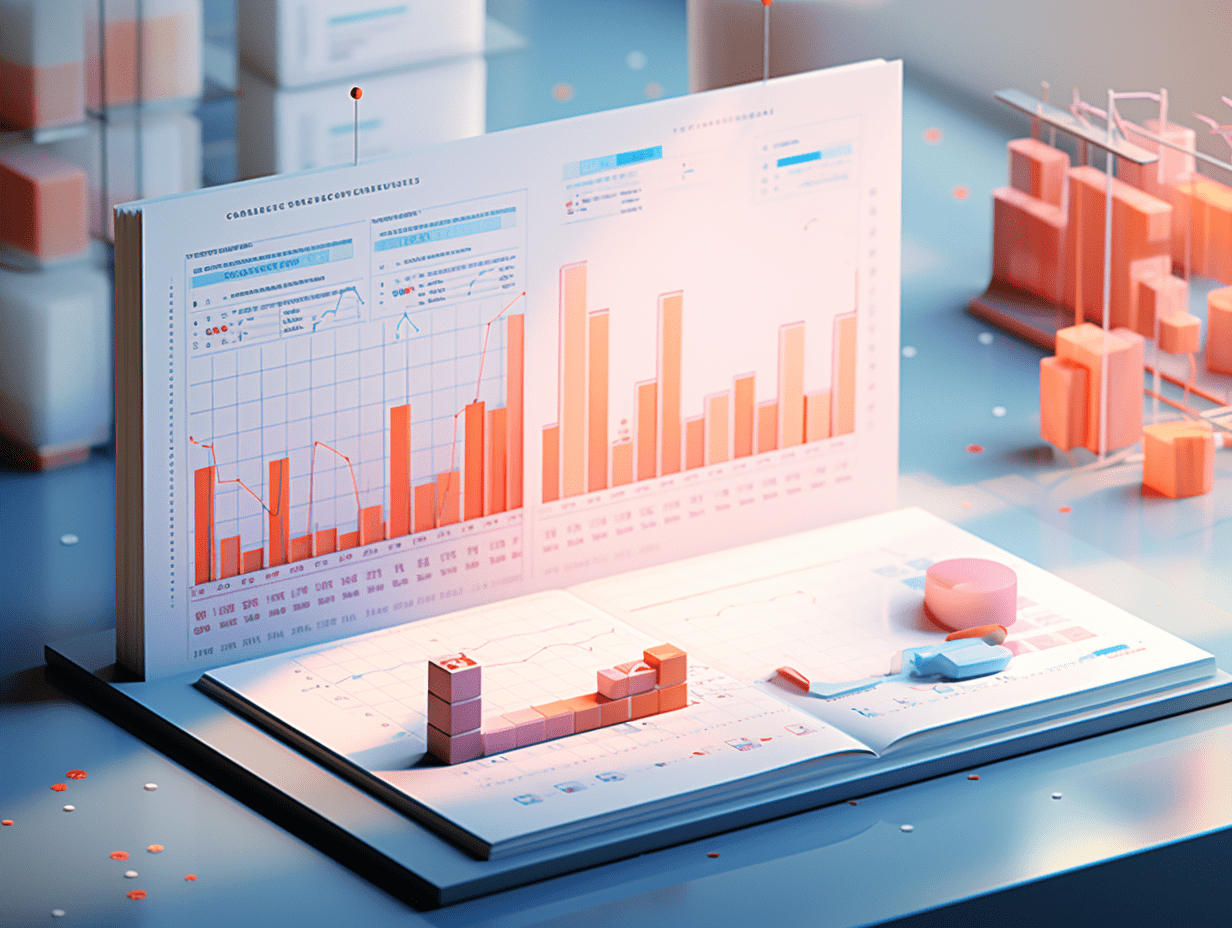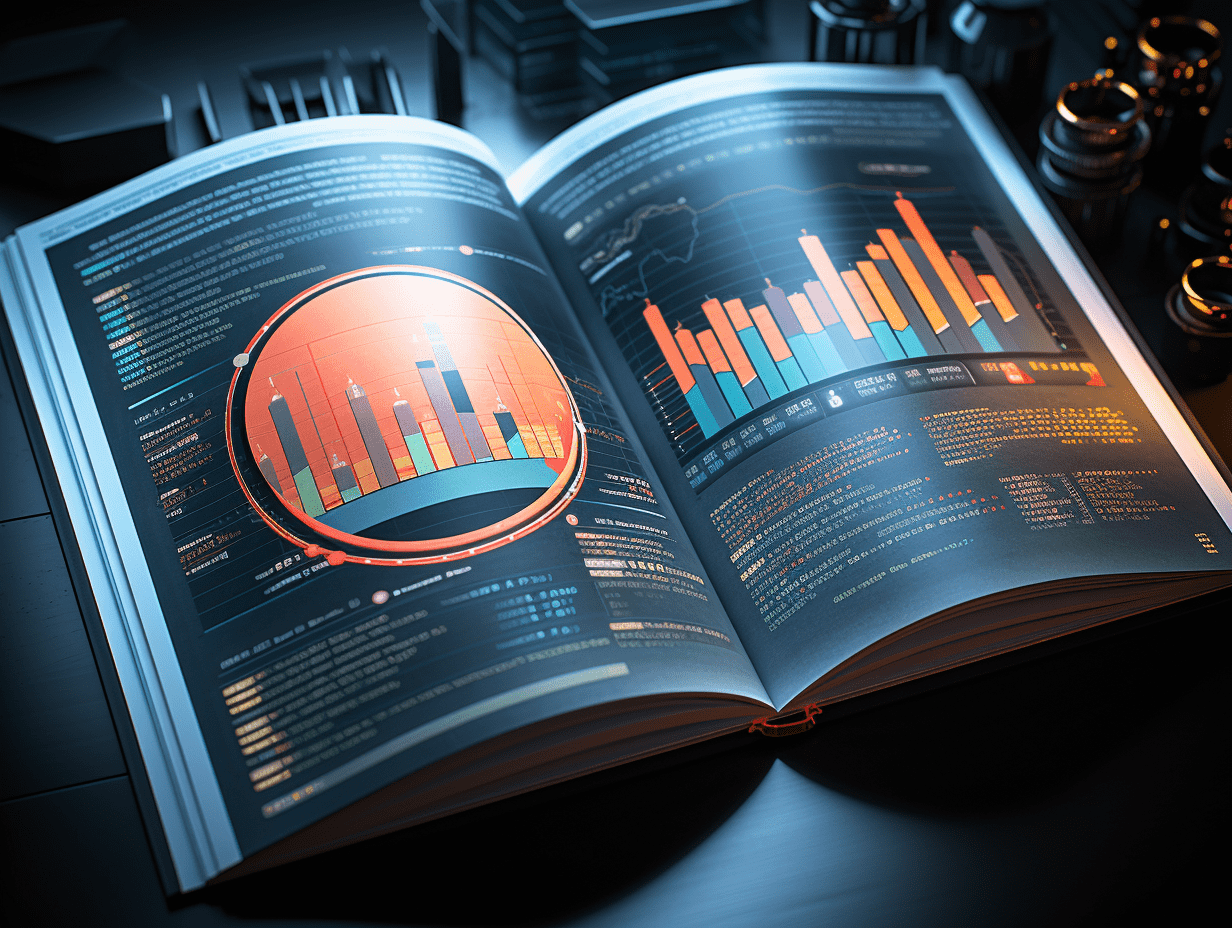The Bank of Japan kept interest rates unchanged as scheduled, with two "hawkish" members voting to support a rate hike.
The Bank of Japan keeps interest rates unchanged on this date.
The Bank of Japan kept its benchmark interest rate unchanged at 0.5% on Thursday, a result that was in line with economists' expectations. The decision was passed by a vote of 7 to 2, with committee members Naoki Tamura and Hajime Takata proposing a 25 basis point rate hike. The market's reaction to this expected decision was relatively muted, with little change in the yield of Japanese 10-year government bonds, the yen falling by 0.2% to 153.03 yen against the US dollar, and the Nikkei index rising by 0.4%.
Krishna Bhimavarapu, Asia Pacific economist at Nomura Investment Management, stated in a report following the decision that the possibility of a rate hike would increase at the next two policy meetings as global trade-related fluctuations are better assessed. She added, "However, the Bank of Japan may also gradually take action next year."
Fred Neumann, Chief Asia Economist at HSBC in Hong Kong, said, "The Bank of Japan is tiptoeing towards rate hikes. With inflation remaining high, good economic performance, and fiscal stimulus accelerating, a rate hike from the Bank of Japan is just a matter of time. While the market has delayed its expectations for the Bank of Japan to tighten monetary policy, officials may hike rates sooner rather than later."
The decision by the Bank of Japan comes as US Treasury Secretary Benson met with Japan's new Finance Minister Satsuki Katayama on Monday and appeared to target the depreciation of the yen, even making comments on the country's monetary policy.
In a statement on Tuesday, the US Treasury said that Benson "emphasized the important role of sound monetary policy formulation and communication in anchoring inflation expectations and preventing excessive exchange rate fluctuations."
Japanese inflation has recently been rising, with the pace of price increases staying above the Bank of Japan's 2% target for 41 consecutive months. Benson stated on social media on Wednesday, "Whether the government is willing to leave policy space for the Bank of Japan will be crucial in supporting inflation expectations."
Higher interest rates often lead to currency strength by attracting foreign capital inflows, while lower interest rates can weaken a currency. The weak yen has been a sticking point for US President Trump, who accused the Japanese government of keeping the yen low to gain unfair trade advantages in March. This week, Trump met with Satsuki Katayama, who has been an advocate for low interest rates and called the Bank of Japan's past rate hikes "foolish."
Despite Katayama seeming to soften her stance, this move to strengthen the yen is at odds with her plans for extensive fiscal spending and loose monetary policy. Katayama stated on October 21st, "It is most important for the Bank of Japan and the government to coordinate policies and communicate closely."
Katayama is seen as a supporter of "Abenomics," the economic strategy of the late former Japanese Prime Minister Shinzo Abe, which supported loose monetary policy, fiscal spending, and structural reforms. Experts suggest that Katayama's policies are likely to lead to a depreciation of the yen, which has already occurred in the so-called "Katayama trade," pushing the Nikkei 225 index to record levels and the yen against the dollar to fall below 150.
In March, Katayama stated that the actual value of the yen could be around 120-130 yen to the dollar, about 26% higher than the current level of around 152.
The Bank of Japan's decision comes against a backdrop of relatively weak exports. Japanese exports have contracted for four consecutive months, but experienced a rebound in September, although exports to the US are still declining.
Norihiro Yamaguchi, Senior Japan Economist at Oxford Economics in Tokyo, said, "The key question is whether Governor Ueda will hint at an imminent rate hike at the upcoming press conference. I expect the Bank of Japan to raise rates to 0.75% in December, but there is a possibility of a delay if the new Prime Minister, Satsuki Katayama, maintains a cautious stance on normalizing monetary policy."
Related Articles

In the political deadlock, GDP accelerates against the trend, with France's economy growing by 0.5% in the third quarter, exceeding expectations.

Bank of Japan Governor Kuroda: No preset path for rate hikes, but the economy is on track.

Under the raging tide of artificial intelligence, the long-term low-key semiconductor equipment finally can't be hidden anymore! The "core eye" of this EUV chain soared by over 20% in a single day.
In the political deadlock, GDP accelerates against the trend, with France's economy growing by 0.5% in the third quarter, exceeding expectations.

Bank of Japan Governor Kuroda: No preset path for rate hikes, but the economy is on track.

Under the raging tide of artificial intelligence, the long-term low-key semiconductor equipment finally can't be hidden anymore! The "core eye" of this EUV chain soared by over 20% in a single day.

RECOMMEND

The Capital Conundrum of Dongpeng Beverage: Distributing ¥5.4 Billion in Profits While Raising Capital in Hong Kong with Over ¥10 Billion Cash on Hand | IPO Watch
29/10/2025

Totaling $550 Billion: Japan’s U.S. Investment Project List Revealed, Largest Projects Near $100 Billion, U.S. Stocks in Related Sectors Rally
29/10/2025

Humanoid Robot Theme Maintains Momentum — Cathie Wood Backs It as One of AI’s Largest Opportunities
29/10/2025


